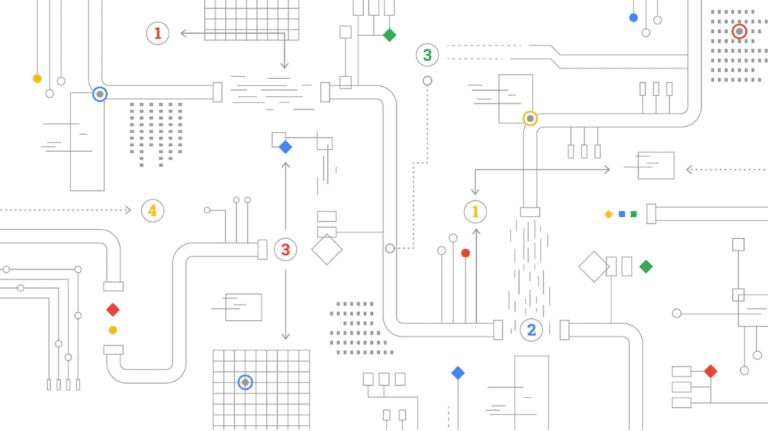There is a lack of AI talent that will only increase in the future. Google therefore wants to democratize artificial intelligence, so that every company has access to the technology to improve the business. Today, it is expanding these efforts with two new tools: Kubeflow Pipelines and the AI Hub.
Only a few tens of thousands of people in the world have knowledge of the latest techniques in machine learning. Although there are about 20 million software developers worldwide, there are about 2 million data scientists, says Rajen Sheth, Director of Product Management at Google Cloud AI. We need to democratize AI and make it accessible to millions more people. We need to make it simple, quick and useful.
In order to lower the barriers around AI and machine learning, Google has already launched a number of products and services, including recently AutoML. This allows companies with limited knowledge and expertise in machine learning to adapt and train existing models for their specific use cases. AutoML appeals to Googles for years of research in sculpture recognition, translation and natural speech recognition. Today, the services of Google Cloud AI are already used by 15,000 paying customers.
However, it remains a challenge for data scientists to get their models into production. AI is a team sport in which more than just data scientists are involved. They need tools to get their work in the hands of developers, data engineers and business analysts, says Sheth, which is why we are launching Kubeflow Pipelines and AI Hub.
Kubeflow Pipelines
Kubeflow Pipelines is an open source project led by Google and built on container orchestration platform Kubernetes. It packs machine learing (ML) code into a pipeline that allows for easy deployment and management of the entire ML stack. Each team member can make a contribution to the pipeline based on his specialisation and manipulate afterwards if desired, while the rest of the stack remains unchanged.
Read this: Kubernetes: what is it and why is it rapidly conquering the world?
For example, a data scientist can remove his or her ML model from the pipeline, modify it and retrain it. Then the model can be added back to the stack, without disturbing the rest of the pipeline e.g. a linked database or API.
Kubeflow Pipelines also gives customers access to TensorFlow Extended, which allows models to be analysed and data to be validated. This helps to improve the accuracy and relevance of the results.
AI Hub
The AI Hub is a one-stop catalogue with built-in pipelines, Jupyter notebooks, TensorFlow modules and more. Enterprise users can upload, share and reuse their pipelines within the organisation. The pipelines and AI models can be rolled out with a single click via Google Cloud Platform.
The AI Hub is still in alpha and mainly provides resources developed by Google, in addition to the ability to share own models within the company. When the Hub goes into beta, the assets are expanded with a wider range of publicly available content, including partner solutions.
Machine learning serves a different purpose for each organization, but almost every company will bring in data scientists and ML experts in the next five to ten years. With our product lineup, we focus on every target group and ensure that they have access to the most powerful tools for machine learning, concludes Sheth.
This news article was automatically translated from Dutch to give Techzine.eu a head start. All news articles after September 1, 2019 are written in native English and NOT translated. All our background stories are written in native English as well. For more information read our launch article.